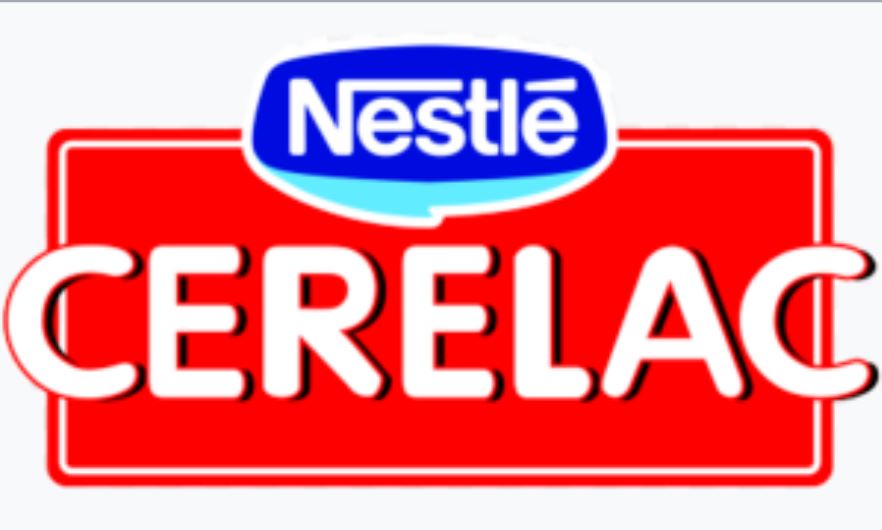 Added sugar
Added sugar
Nestle sells Cerelac with 2.7g added sugar per serving in India but not in UK, Germany, says report
Food and beverages company Nestle has come under intense criticism after a report revealed that it adds 2.7 grams of sugar per serving of its baby food Cerelac sold in India but does not follow the same practice in Germany and the UK.
Swiss NGO, Public Eye and International Baby Food Action Network (IBFAN) made the claim in their report after examining 150 baby products sold in different countries in a Belgian laboratory.
The findings showed that the samples exceeded established international food safety guidelines.
According to the report the company sells Cerelac with added sugar in South Asia (including India), Africa, and Latin America compared to markets in Europe.
The revelation has triggered criticism against Nestle for selling the baby food with significantly high sugar levels in economically disadvantaged countries, especially as it concerns babies, but not doing so in wealthier nations.
The report noted that the highest sugar content was found in samples from the Philippines where it was 7.3 grams. The company did not disclose this information on the packaging.
However, the packaging in India clearly discloses the sugar content.
India is one of the most lucrative markets for Nestle as it sold over Rs 20,000-crore worth of Cerelac products in 2022 in the South Asian country.
Why added sugar is a concern?
Experts say that adding sugar, which is highly addictive, to baby products is a dangerous and unnecessary practice, reported NDTV.
Added sugars are sweetening agents like syrups that are used in processed foods and beverages. They are generally considered more detrimental to health compared to naturally occurring sugars found in fruits and milk, reported Indian Express.
Talking to Business Today TV, Revant Himatsingka, author, food activist and influencer, said that the allegations against Nestle don’t surprise him. "I am not surprised by these allegations and companies in India are known to use material which are of inferior quality," he said.
Himatsingka garnered attention after his viral video on the popular health drink Bournvita.
He asserted that the popular drink from Cadbury's lineup contains unhealthy levels of sugar that could lead to diabetes. Consequently, Cadbury's issued a legal notice to the influencer, but by December of the previous year, the company had to lower the sugar content in Bournvita.
Nestle’s response
Asked about the implications of the study, a Nestle India spokesperson told Indian Express, “Reduction of added sugars is a priority. Over the past five years, we have already reduced added sugars by up to 30 per cent, depending on the variant. We regularly review our portfolio and continue to innovate and reformulate our products to further reduce the level of added sugars.”
On whether it complied with food safety guidelines, the spokesman added, “We ensure that our products manufactured in India are in full and strict compliance with CODEX standards (a commission established by WHO and FAO) and local specifications (as required) pertaining to the requirements of all nutrients including added sugars.” Infant cereal products, the spokesman explained, “are manufactured to ensure the appropriate delivery of nutritional requirements such as protein, carbohydrates, vitamins, minerals, iron etc. for early childhood.”
Expert’s opinion
However, Dr Arun Gupta from the Breastfeeding Promotion Network of India (BPNI), which was the India partner for the report, argues that the added sugars help companies to increase sales.
“When you add sugars to baby formula food, babies are much more likely to drink it up because of the pleasing taste. With happy parents purchasing the products, it boosts the bottomline of companies. And they can get by because the regulations are weak,” Dr Gupta told Indian Express.
According to WHO, babies should not be habituated with added sugars as the introduction of added sugars before the age of two years can lead to addictive eating habits.
Meanwhile, media reports said that India’s food regulator FSSAI is inspecting the report and soon it will be referred to a scientific panel for more action. FSSAI is a statutory body under the Ministry of Health and Family Welfare.
Support Our Journalism
We cannot do without you.. your contribution supports unbiased journalism
IBNS is not driven by any ism- not wokeism, not racism, not skewed secularism, not hyper right-wing or left liberal ideals, nor by any hardline religious beliefs or hyper nationalism. We want to serve you good old objective news, as they are. We do not judge or preach. We let people decide for themselves. We only try to present factual and well-sourced news.







